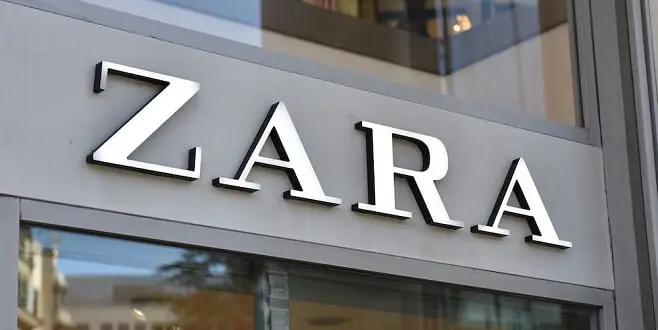
Zara, which is a primary player in the global fashion retail space, is known for its trendy products, fast fashion approach, and large-scale presence. A division of the Spanish group Inditex, Zara is present in over 90 countries and has become a style icon for what is accessible and affordable. Thanks to its large-scale success and brand recognition, many entrepreneurs and investors are out to get a piece of the Zara action. That said, starting a Zara franchise is a different beast from that of a typical clothing store franchise. In this article, we will go through how you can go about getting into a Zara franchise, the investment requirements, what to expect in terms of returns, and the royalty structure.
Sure, you can own a Zara franchise.

Zara has a focused expansion strategy, unlike other retailers that build brand presence through franchising models. For instance, on a global stage, Zara generally doesn’t grant franchises. Rather, Inditex prefers to operate all store location types in primary markets. That said, in markets where it is hard for Inditex to run day-to-day operations due to legal, geographical, or economic issues, they will outsource to large business groups or master franchisees.
Individuals do not just go in for a Zara franchise as they would with a quick service restaurant or a small clothing store. What we see is that the opportunity goes to large-scale business groups that already run many international brands and that also have the financial and operational resources to live up to Zara’s high standards.
To Begin a Zara Franchise.
Although Zara is a choosy brand, if you are very interested in this chance, the following steps may be taken:.
1. Research and Qualification.
Analyze Zara’s franchise model, which looks for partners that have a strong retail background, financial stability, and the ability to run multiple outlets.
2. Contact Inditex.
Official Zara franchise information is handled by Inditex. Visit the Inditex corporate site or the regional business development offices for further information.
3. Create a Business Proposal.
Because Zara will only work with large business groups, they require any investor to provide a very strong proposal, including financial capacity, real estate available in premium locations, and operational experience.
4. Location Choice.
Zara’s present in exclusive shopping malls and also top-end high street locations. Access to such prime real estate is a must.
5. Legal and Franchise Contract.
If approved, investors enter into a franchise agreement which outlines the investment, profit sharing, and royalty terms.
Investment Required for Zara Franchise

The outlay for a Zara franchise is much higher compared to most retail clothing brands. That is because of Zara’s premium image, store design standards, and inventory costs. Although numbers may fluctuate depending on which country and what location you are in, in India, the average investment range is between ₹5 crore and ₹10 crore..
This includes expenses such as:
- Store set-up and interiors
- Inventory and merchandise procurement
- Rental cost of premium property.
- Staff recruitment and training
- Marketing and operational expenses
Profit Margin and Earnings
Zara’s profit is seen to be at much higher levels when compared to that of many other fashion retailers, which is because of its very strong brand value and global appeal. We see average profit for a Zara store to be in the range of 10 15% after we put in the operational costs.
The present profit is a function of the store location you have, customer footfall, and regional demand. Zara’s fast fashion model, which is very successful for them, gives in to regular sales turnover, which in turn makes it a very lucrative business for those who can manage the large investment.
Royalty Fees
Franchise owners of Zara report paying royalties to Inditex. Though Zara does not make public exact numbers, the royalty typically sits in the range of 5% to 10% of sales revenue. That which is put forth as a royalty includes brand use, training, operational support, and access to Zara’s private design and supply chain network.
Issues with Zara franchise ownership.

- Selective Approval: Only a few investors get the Zara franchise.
- High Investment: The price point is much higher in this case than in other fashion brands.
- Premium Standards: Upholding Zara’s global brand image requires adherence to high design, display, and customer service standards.
Conclusion
Starting in the Zara franchise is a tough ask for the average entrepreneur. The brand’s franchise model is very exclusive and typically of interest to large business groups. But for those who do have the required financial resources, retail know-how, and connection to prime real estate, Zara does put you in the company of the world’s top fashion players. The investment may be high, but the brand value, profit prospects, and customer appeal make Zara a very attractive option for the right partners.






